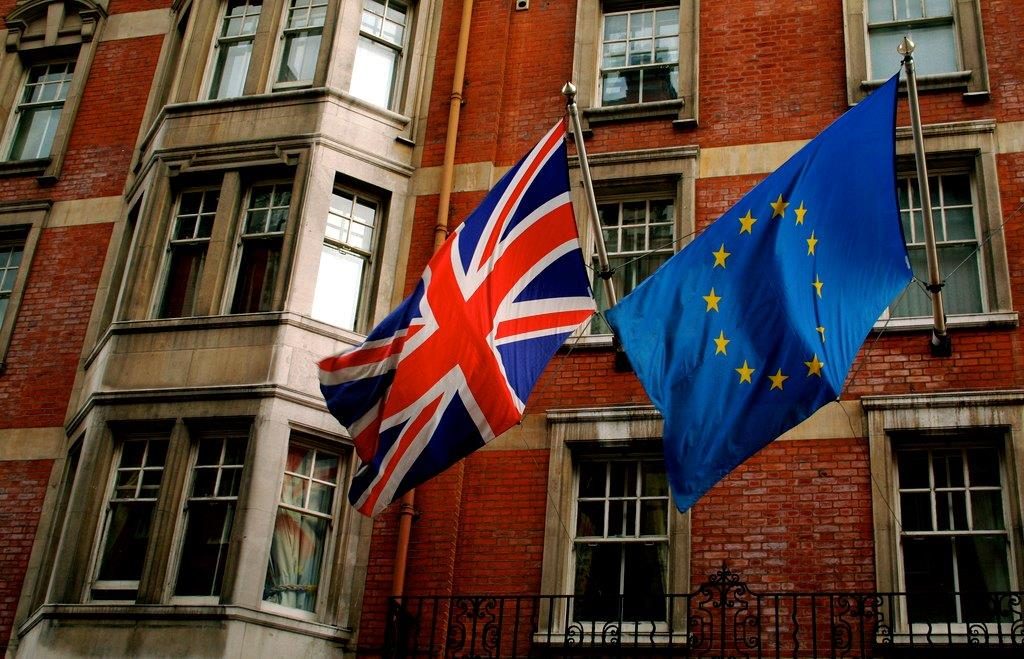The Attorney General for England and Wales, Jeremey Wright QC MP, notified the Assembly on 17 April 2018 that the UK Government has referred the Law Derived from the European Union (Wales) Bill, passed by the Assembly on 21 March, to the Supreme Court. The press release issued by the Attorney General states that the UK Government is asking the Supreme Court for:
… a ruling on whether this legislation is constitutional, and properly within devolved legislative powers.
In his statement to the Assembly on 18 April, the Counsel General, Jeremy Miles outlined that the Bill was referred by the Attorney General on the following grounds:
- That the Bill does not relate to the subjects listed in Schedule 7 of the Government of Wales Act,
- Incompatibility with EU law,
- Impermissible imposition of functions on Ministers of the Crown,
- Impermissible modifications of the Government of Wales Act,
- Impermissible modifications of the European Communities Act.
What is the Law Derived from the European Union (Wales) Bill and why was it introduced?
The UK Government is currently seeking to pass the European Union (Withdrawal) Bill through the UK Parliament. The Bill provides for EU legislation currently in operation in the UK to be transferred into UK legislation on the day the UK leaves the EU. It also gives UK Ministers and Devolved Ministers powers to amend the body of law transferred so that is can operate in the UK following exit.
The UK Government, Welsh Government and Scottish Government disagree on the provisions in the Withdrawal Bill that relate to devolution. Welsh and Scottish Ministers argue that as currently drafted the Withdrawal Bill amounts to a ‘power grab’ over areas of devolved competence by the UK Government. They have recommended that the Assembly and Scottish Parliament should not give their Legislative Consent to the Bill as drafted. Our introductory guide to the Withdrawal Bill explains in more detail the positions of the different governments are. 
Negotiations between the different governments on the Withdrawal Bill have been on-going but so far no agreement has been reached on how the Bill could be amended to address the concerns of the Welsh and Scottish Governments.
In light of this failure to reach an agreement, the Welsh Government introduced its own Bill, the Law Derived from the European Union (Wales) (LDEU) Bill, into the Assembly on 6 March. According to the Welsh Government the aims of the Bill are to preserve EU law covering devolved areas after Brexit in a way that protects the devolution settlement. In introducing the Bill, the Welsh Government’s Cabinet Secretary for Finance stated:
Although we are working closely with the UK Government to secure those amendments, and indeed substantial progress has been made in recent weeks, we have yet to reach an agreement.
In these circumstances, it would be irresponsible for us to fail to prepare for a situation where consent for the EU (Withdrawal) Bill is withheld by the Assembly. The LDEU Bill is a fall-back option both to provide legislative continuity in Wales in a way that respects the devolution settlement.
The Assembly agreed to consider the Bill as an Emergency Bill and it therefore passed through the Assembly in a little over two weeks. Members voted to back the Bill by 39 votes to 13 with 1 abstention on 21 March.
The Scottish Government took similar measures in Scotland introducing the UK Withdrawal from the European Union (Legal Continuity) (Scotland) Bill to the Scottish Parliament on the 27 February. The Bill is drafted differently to the Welsh Bill but has similar aims. It was passed by the Scottish Parliament on 21 March.
Why is the LDEU Bill being referred to the Supreme Court?
The UK Government’s Attorney General and the Welsh Government’s Counsel General may refer any Bills of the Assembly to the Supreme Court if they believe there is doubt about whether a Bill is within the devolved powers of the Assembly. In the press release on referral the Attorney General for England and Wales states:
This legislation risks creating serious legal uncertainty for individuals and businesses as we leave the EU. This reference is a protective measure which we are taking in the public interest.
The press release also states that ‘to leave these pieces of legislation on the statute book would create very significant legal uncertainty as to how the law would operate’.
The Llywydd must, on or before the introduction of a Bill to the Assembly, state whether or not in her view the Bill or any provision of a Bill, is within the Assembly’s competence. The Llywydd stated on 27 February that she was satisfied that the LDEU Bill was within the Assembly’s competence and issued a note explaining the issues she considered in reaching her decision to Assembly Members. In reaching her decision, however, the Llywydd recognised that there were significant arguments against legislative competence existing for the Bill.
In response to the referral by the Attorney General of the Bill the Welsh Government’s Counsel General made a statement to the Assembly on 18 April in which he stated:
We will continue to consider the reference, and the more detailed arguments that the Attorney General will be required to provide in due course in support of his reference as part of the proceedings.
But I can reassure Members that we will, if necessary, defend the reference in full.
In particular, we are taking steps to see an expedited hearing and will keep the Assembly updated of any developments in this regard.
As I have stressed, we continue to work towards an agreement on the EU (Withdrawal) Bill.
What are the next steps?
Discussions between the UK Government and Devolved Governments on the Withdrawal Bill are on-going. The Welsh Government has stated that its preference is to secure an agreement on the EU (Withdrawal) Bill rather than have to use the powers provided to it in the LDEU Bill.The LDEU Bill contains a provision which would enable the Bill to be repealed once enacted. If an agreement is reached on amendments to the Withdrawal Bill and the Assembly vote to give the Bill its legislative consent, the Counsel General stated that the Welsh Government would take steps to repeal the LDEU Bill and at that point would expect the reference to the Supreme Court to be withdrawn. In the press release on the referral, the Attorney General indicated that the UK Government’s preference would also be to reach agreement on the EU Withdrawal Bill:
The Government very much hopes this issue will be resolved without the need to continue with this litigation.
The EU (Withdrawal) Bill is currently at Report Stage in the House of Lords. This stage is due to conclude on 8 May 2018. The UK Government has committed to bring forward any amendments to the devolutions provisions of the Bill at Report Stage.
Article by Nia Moss, National Assembly for Wales Research Service






